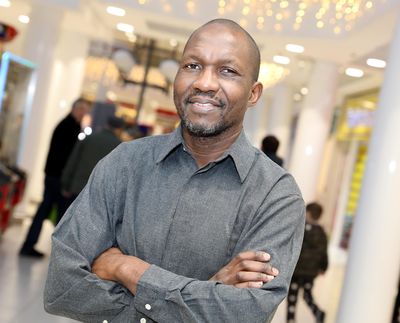
Elly Omondi Odhiambo is from the Kanyamwa clan of the Luo tradition,a people of Western Kenya.
He has studied,worked and lived in Northern Ireland for nearly twenty years.He has researched and co-written several migrant-themed commissioned reports including Africans West of the Bann and Voices from the global South. He worked on the social and health care needs of migrants in northwest Ireland.
In Kenya, Elly worked did research work and capacity building promoting corporate responsibility and philanthropy.
He wrote a play Did You Come By Boat(2010), which toured the Northwest including the Playhouse theatre in Derry and received good reviews. He has written hundreds of articles in local and international media.He previously contributed opinion articles to the Sentinel in Derry under the tag Out of Africa. Elly has co-founded and chaired migrant community organisations in the North of Ireland.
He currently works in mental health and contributes weekly articles in Belfast Media Group.
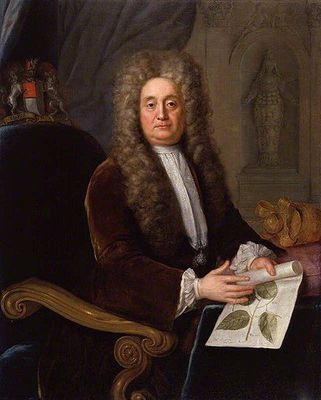
IN the 17th century, there was a man of Scottish ancestry born in Killyleagh who spent half his life feeding his thirst for artefacts of various kinds. Hans Sloane was a medical doctor and had a keen interest in historical items from around the world. His passion led the County Down man to found the British Museum.
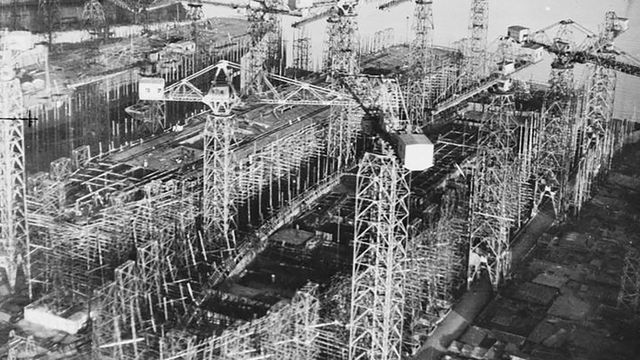
SO many migration watch-type organisations will tell you that they are campaigning against net migration. They will repeat this mantra that despite repeated promises to reduce immigration from successive governments, net migration is at a record high. They should get to the point. The elephant in their room is the number of black people in the house is too much for them to deal with. That is their problem. If you can't appreciate the true industrious and industrial value of black and other minority ethnic newcomers,then you have a big problem.
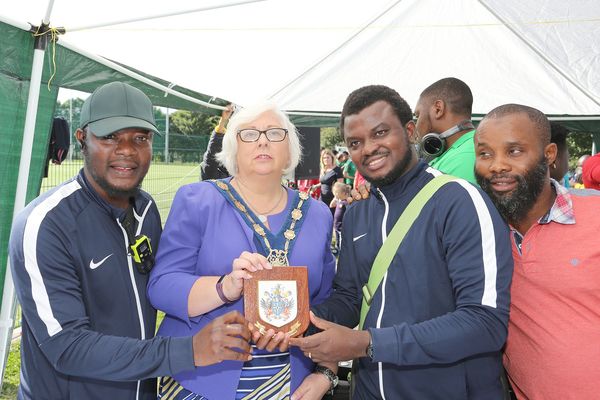
MANY Africans in the North are beginning to wonder, where did the Good Friday Agreement leave them? Are they included in the binary Catholic-Protestant atmosphere of identity?
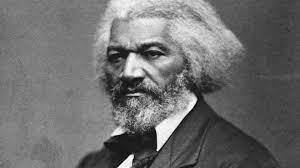
SOUTH African-born Northern Ireland poet Nandi Jola is at it again. While doing an update of a registry suddenly Nandi stumbles on Black records of the 18th century in Ireland.
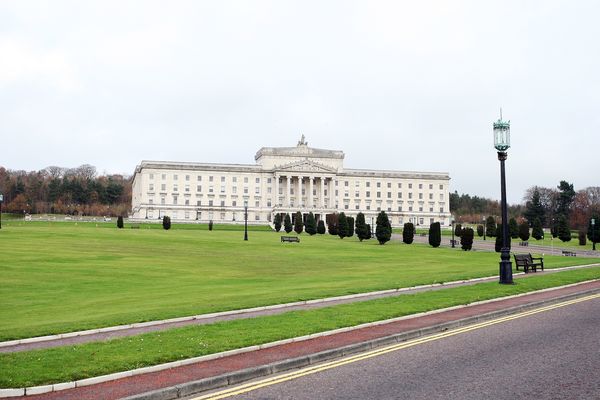
ARE the two top political parties in the North afraid to take serious and risky decisions and is that why they haven't agreed on a Stormont government? It feels that way.
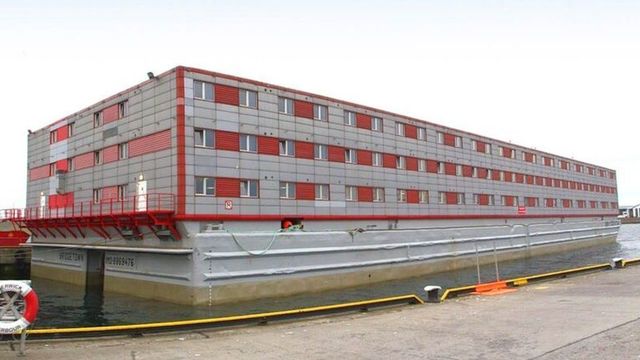
THE Secretary of State for the Home Office Suella Braverman made an announcement the other day that the government is moving thousands of asylum seekers out of hotels around Britain and Northern Ireland.
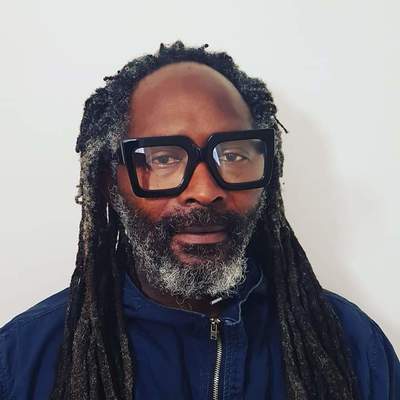
THERE’S been a lot of positive messaging coming from minority ethnic communities recently. Northern Ireland tacitly agrees that the region is experiencing a positive population boom of foreigners.

MY thoughts are with the family of Noah Donohoe. It pains me and anyone else with a shred of empathy that nothing has been done to reveal the truth about what happened to the 14-year-old boy who was a pupil at St Malachy's.

WE are a complex type of species, human beings. There are things we like and things we find unsuitable for ourselves. That may be group thinking, but the individual can surely adapt themselves to nearly everything. This is the point where a reader screams at the author, ‘Hurry up and make your point!’

WALKING in the Ballymacarrett area while I was leafleting for my party, the SDLP, was really an eye-opener. There were literally scores of houses beeping! The electricity meters were warning those households that they needed to top up or else.
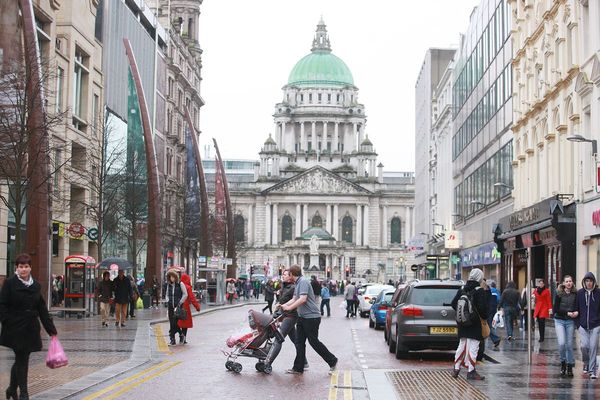
IF only those in power showed a full interest in businesses, small and big, our Belfast would be a booming place.
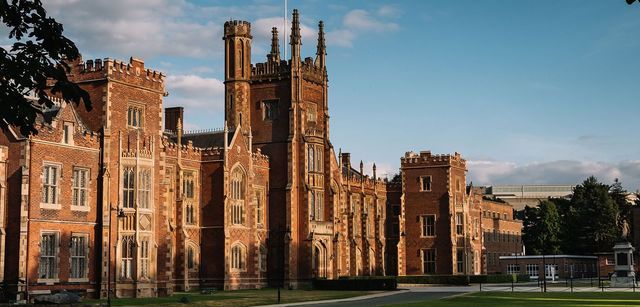
A SURE way of uniting different tribes is to encourage an open membership policy within groups. At Queen’s University Belfast (right), the African-Caribbean Society (ACS) was established to create space for people of African descent while promoting an open registration of members.
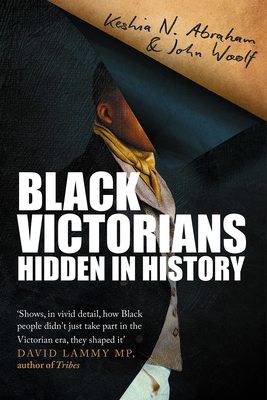
THE Stormont breakthrough – aka the Windsor Framework – may be a song to the ears of some, but not all immigrants.
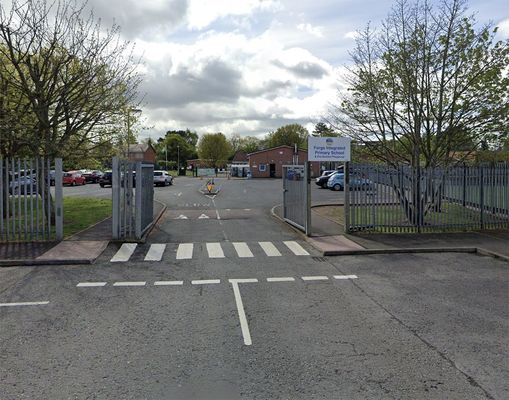
THE question of segregation of schools in Belfast will continue but not for a very long time. This is because of the ever-changing diverse cultures in the city. Belfast has a fairly big population of white people from eastern Europe and other places outside Northern Ireland. Africans make up nearly 2% of the population of this city, according to the 2021 census. Then of course there are Indians, Pakistanis and Chinese, not to mention people from the Middle East. Some of their children have language challenges because English, Irish and Ulster Scots are the three main languages in the faith-based schools in the North – it cannot continue like this. Schools are supposed to be places of universal ideas and education. So more attention needs to be paid to refugee and asylum seeker families in Northern Ireland. The more we have in numbers of these new future citizens the better. These new populations are neutral about sectarian profiles in the classroom. For those who have escaped conflict there is one thing they want: a peaceful coexistence between them and their new neighbours. This includes what happens in school. There is no reliable data yet about the faiths of newcomers in Belfast and other towns. Is this important? Yes,to a certain level, as it can be used to carry out policy decisions about inclusive education. The children who are new have rights just like those who were born in the North. So kudos to any policymaker who wants to see a Northern Ireland that lives peacefully because of a neutral army of immigrants – the naysayers don't know what they are missing. There are still many schools in the North that have no black children. Some don't have any white migrant kid either. Should we expand places of learning in order to guarantee children a place in local schools? Yes please, the more bricks and mortar the better; also more affirmative action in the education sector from primary school to higher education. We are building achievers if we do this because these children are sometimes coming from a wealth of education that Northern Ireland can only benefit from. Some people argue that government has no money to increase the number of pupils in primary or students in higher learning. They also attack affirmative action by saying that instead of increasing equal opportunity to children it gives too much advantage to minority communities. How these advantages are measured is a mystery. Once they are inside the Northern Ireland education system the youth from around the world need to be mentored to make the North a better place. Their culture is needed – performance in education, creativity, inventing great products for the future, excellence in sports, all these are benefits that will continue increasing with migration.ellyomondi@gmail.com
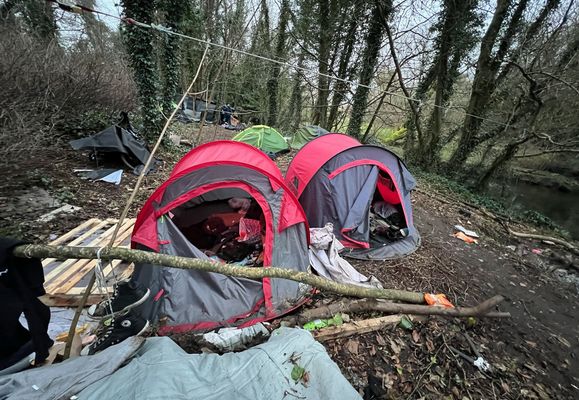
THIS column has been receiving feedback from those who are interested in the subjects of community relations, racial harmony, diverse cultures, migration, politics, food, education, religion, music – the list is endless.